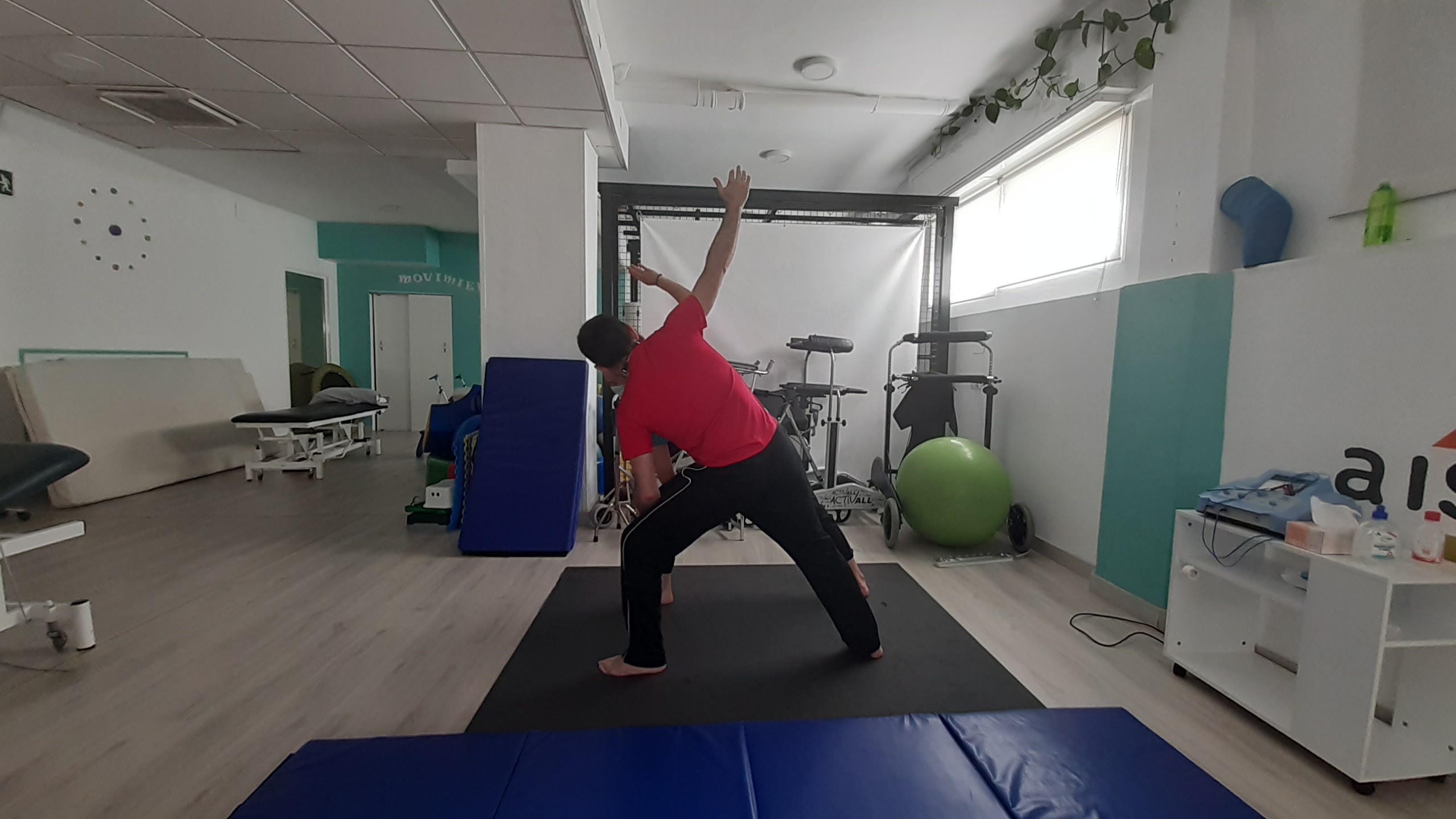Physical sequels of a brain surgery (I)
Note: This post has been moved from my old Wordpress personal blog, which I don’t expect to update anymore.

Most people relate the brain with thoughts and mental processes, but the brain also plays a main role in our physical feelings and movements. If something touches your finger, a nerve impulse will go from your finger to your brain through the nervous system. That’s what makes you realize that something touched your finger, and also what makes you know some properties of that something which touched you (temperature, texture…). To move a finger, your brain must send an order to a concrete hand nerve to shrink or stretch some concrete muscles. As I said in my first post, this physical control for each side of the body is done by the opposite side of the brain (the left side of the body is controlled by the right side of the brain and vice-versa). That’s the reason why, the first weeks after my surgery, I suffered from hemiparesis (as the right side of my brain was damaged, the left side of my body was paralyzed).
As you may guess, for me that was a very rare feeling: knowing (because I could see it) that a part of my body was being touched but being unable to feel it; or being unable to move my left hand, or my left leg. If you’ve ever had surgery and had to have epidural anesthesia, you may have felt similar feelings. Some years ago, I had another (way smaller) surgery with epidural anesthesia and I remember being in the recovery room. I felt very rare when I could touch my legs but didn’t felt those touches (well, I felt them in my hands, but not in my legs). I guess that people who suffer from permanent paraplegia, for example, have these symptoms permanently. This is similar but not in a top-down approach, but left-right.
There was an even more strange consequence -that maybe goes beyond strict physical symptoms- during the first days: I didn’t ever pay attention to what happened next to me if it happened on the left part of my visual area. For instance, my wife told me that, at first, I only ate whatever was at the right half of the plate. Or she told me to draw a clock and I only drew the right part of it. This strange symptom is called hemispatial neglect.

I seem to remember I received some physiotherapy just on the hospital bed. The physiotherapist was someone with South American accent, but I don’t really remember the concrete exercises I did (except one about trying to sit-up putting my arms in cactus position -I guess that calling it cactus position called my attention and that’s the reason why I remember that-).
I also have some videos having a walk with my wife in the room (going to the door and back to bed). I can even recall walking through the hospital corridor with her, and surrounding the hospital building, but I’m not sure if that latest memory belongs to the days before the surgery or after it (or maybe both).
In addition, after my surgery I had a complication called hydrocephalus (the cerebrospinal fluid was being accumulated in my head), so doctors had to install some derivation valves which help that liquid to be moved to the peritoneum (which is in the abdomen). That means, among other things, that I have to be careful with increasing my abdomen pressure, because, as it is communicated with my brain, my brain pressure can be increased too, and that can cause me even more problems. This is the reason why, although I retook my running workouts, I have to plan them with care (or, even better, delegate in professionals).
